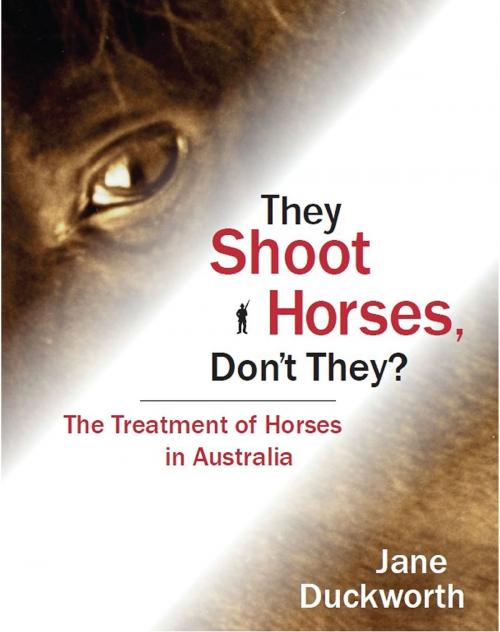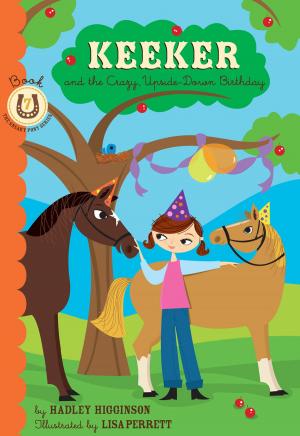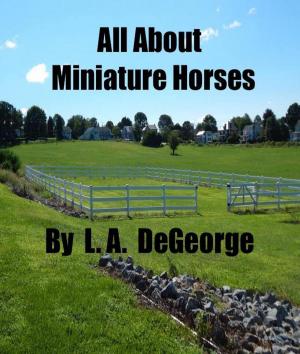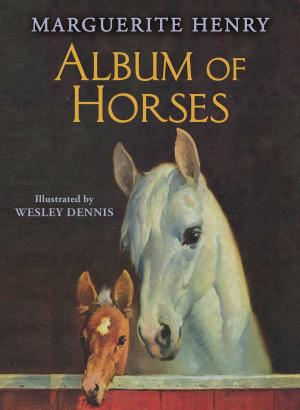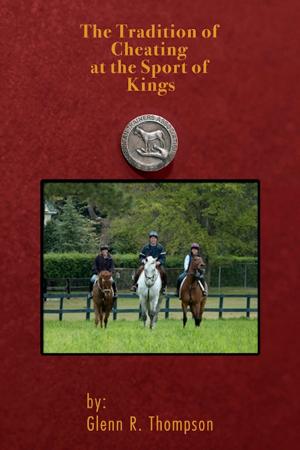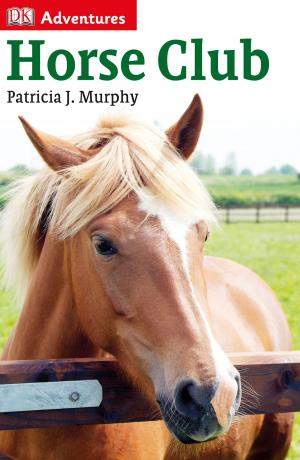They Shoot Horses Don't They? The Treatment of Horses in Australia
Nonfiction, Sports, Horse Sports, Equestrian| Author: | Jane Duckworth | ISBN: | 9781310831980 |
| Publisher: | Jane Duckworth | Publication: | October 19, 2015 |
| Imprint: | Smashwords Edition | Language: | English |
| Author: | Jane Duckworth |
| ISBN: | 9781310831980 |
| Publisher: | Jane Duckworth |
| Publication: | October 19, 2015 |
| Imprint: | Smashwords Edition |
| Language: | English |
The Treatment of Horses in Australia
The well-being of Australia’s horses, particularly those associated with the racing industry or horse sport and recreational associations is under public scrutiny like never before.
As the Australian Horse Industry Council states on their webpage, “Often people think of horse welfare as concerning only what is commonly described as a ‘welfare case’ – a horse which has very poor body condition or treated very badly. There is in fact, much more to welfare than extreme cases of neglect.”
A horse welfare issue can be defined as a public dispute over the treatment of animals in a particular context.
Australia has reached a point in time where organizations are expected to promote horse welfare while the horses are being prepared for or participating in a horse sport or recreational activity. Organizers and administrators are also increasingly thinking about the welfare of horses after the primary career is over, particularly the racing industry that is trying to lift its public image. This means helping to re-educate, re-home or supplying information about those who offer the appropriate services. Guidance and information about caring for aged horses who are no longer participating is also becoming more available.
A significant increase in public awareness of the treatment of horses and other species of animals in general is in part the result of activist and welfare groups campaigning for change and also the rise of social media. Animal welfare issues are now more visible. Subsequently the community is questioning our use of animals by challenging aspects of both traditional and more modern approaches to the treatment of animals. Public opinion is shifting towards a more sympathetic position.
People are commonly better educated, have access to the internet, so tend to be more knowledgeable and involved in animal welfare issues.
Social media gives organizations and individuals platforms for change through campaigning by influencing people, raising funds, setting up petitions and getting more members. Conservative media forces and industry administrations can no longer censor what animal rights and welfare groups wish to bring to our attention.
Animal welfare science is another reason why the treatment of animals in general is more regularly being considered. Although a very young discipline it is an opportunity for change. In the case of horses, equitation science is starting to provide hard evidence through research to improve raising, handling, training and riding approaches that enhance the well-being of horses.
Courtesy of the Federal Government’s Australian Animal Welfare Strategy (started 2005) we now have the detailed and ground-breaking Horse Welfare Protocol published in 2011. The Pocket Guide for Horse Organizations and Clubs - Horse Welfare was developed from the Protocol at the same time. The Horse Welfare and Well-being Toolkit was then launched in November 2013 by the Australian Horse Industry Council (AHIC) in Melbourne to assist horse event organizers. These are especially positive developments to improve the treatment of Australia’s horses.
In 2002 They Shoot Horses, Don’t They? The Treatment of Horses in Australia was originally published in paperback format. There was a reprint in 2009. This eBook version was created in September 2015. The body of the work remains unchanged. The majority of the horse welfare issues still prevail, needing to be highlighted and acted upon by the horse industry and in some cases, governments.
But there is much to celebrate as progress on some issues has been notable and horse welfare news is now regularly found in the mainstream media. Apparently animal activism is no longer considered the preserve of troublemakers. I think that many people believe that animals can suffer, so deserve some consideration at a bare minimum.
The Treatment of Horses in Australia
The well-being of Australia’s horses, particularly those associated with the racing industry or horse sport and recreational associations is under public scrutiny like never before.
As the Australian Horse Industry Council states on their webpage, “Often people think of horse welfare as concerning only what is commonly described as a ‘welfare case’ – a horse which has very poor body condition or treated very badly. There is in fact, much more to welfare than extreme cases of neglect.”
A horse welfare issue can be defined as a public dispute over the treatment of animals in a particular context.
Australia has reached a point in time where organizations are expected to promote horse welfare while the horses are being prepared for or participating in a horse sport or recreational activity. Organizers and administrators are also increasingly thinking about the welfare of horses after the primary career is over, particularly the racing industry that is trying to lift its public image. This means helping to re-educate, re-home or supplying information about those who offer the appropriate services. Guidance and information about caring for aged horses who are no longer participating is also becoming more available.
A significant increase in public awareness of the treatment of horses and other species of animals in general is in part the result of activist and welfare groups campaigning for change and also the rise of social media. Animal welfare issues are now more visible. Subsequently the community is questioning our use of animals by challenging aspects of both traditional and more modern approaches to the treatment of animals. Public opinion is shifting towards a more sympathetic position.
People are commonly better educated, have access to the internet, so tend to be more knowledgeable and involved in animal welfare issues.
Social media gives organizations and individuals platforms for change through campaigning by influencing people, raising funds, setting up petitions and getting more members. Conservative media forces and industry administrations can no longer censor what animal rights and welfare groups wish to bring to our attention.
Animal welfare science is another reason why the treatment of animals in general is more regularly being considered. Although a very young discipline it is an opportunity for change. In the case of horses, equitation science is starting to provide hard evidence through research to improve raising, handling, training and riding approaches that enhance the well-being of horses.
Courtesy of the Federal Government’s Australian Animal Welfare Strategy (started 2005) we now have the detailed and ground-breaking Horse Welfare Protocol published in 2011. The Pocket Guide for Horse Organizations and Clubs - Horse Welfare was developed from the Protocol at the same time. The Horse Welfare and Well-being Toolkit was then launched in November 2013 by the Australian Horse Industry Council (AHIC) in Melbourne to assist horse event organizers. These are especially positive developments to improve the treatment of Australia’s horses.
In 2002 They Shoot Horses, Don’t They? The Treatment of Horses in Australia was originally published in paperback format. There was a reprint in 2009. This eBook version was created in September 2015. The body of the work remains unchanged. The majority of the horse welfare issues still prevail, needing to be highlighted and acted upon by the horse industry and in some cases, governments.
But there is much to celebrate as progress on some issues has been notable and horse welfare news is now regularly found in the mainstream media. Apparently animal activism is no longer considered the preserve of troublemakers. I think that many people believe that animals can suffer, so deserve some consideration at a bare minimum.
